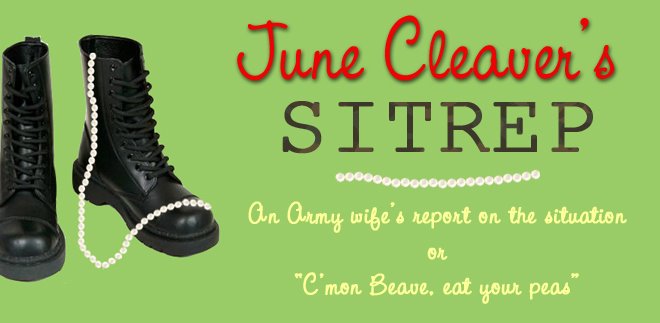Our book club chose D. H. Lawrence's Lady Chatterley's Lover as our read this month. We chose it based upon the fact that is was a classic that none of us had read yet. Well, all I can say is if this book is a classic then we need to redefine that word. This book and it's protagonists Lady Chatterley (Connie) and Mellors are not worthy of expressing a universal truth, or human condition. At least not one that couldn't just as well be expressed by a letter to Playboy magazine, and with the same vernacular language that would probably be used. I expected better in a classic.
I guess some would argue that Lawrence was breaking literary ground by his use of the F-word, but I can't imagine people really speaking the way his character did in that era, even if the character was a so-called commoner. And the whole other part of the novel in which Clifford Chatterley is supposedly the intellectual moving into the modern world of technology while still clinging to the old class barriers; the snob versus the working man, was neither convincing nor compelling. Lawrence's characters weren't complex enough to be 'everyman.' They were caricatures and a cliche of the two classes. Even with Clifford's disability, I found it hard to have any empathy for his condition; that of being paralyzed from the waist down and encouraging his young wife to take a lover, only to show disdain for the lower class lover she chooses.
Though Lawrence probably caused quite a stir with his descriptions of the sex between Connie and Mellors, they are pretty tame by today's standards. I'm guessing the educators of the day wanted more scintillation in the classroom and thus it became required reading, and then deemed classic, much like our Women's Studies at universities today. I think feminists of today would probably like this tale, as it places sexual fulfillment above relationship and commitment.
I can see why this novel created a big hooha back in the day, (it was published in the early 1930s) but for it to be named a classic? Nope, not for me. I guess I want a classic to touch me by either its truth or beauty or by stating something profound that I can comprehend but not express myself. A classic should move us and also stand the test of time in its universal appeal. As E. M. Forster said, "The only books that influence us are those for which we are ready and which have gone a little further down our particular path than we have yet ourselves."
Monday, April 14, 2008
Subscribe to:
Post Comments (Atom)







No comments:
Post a Comment